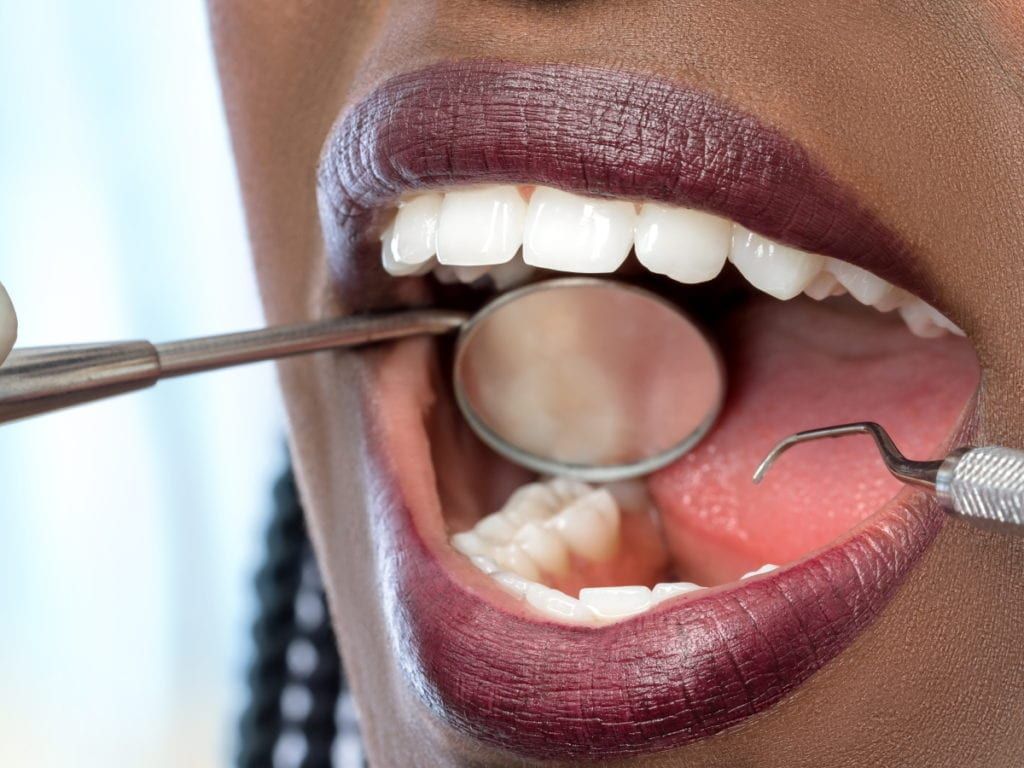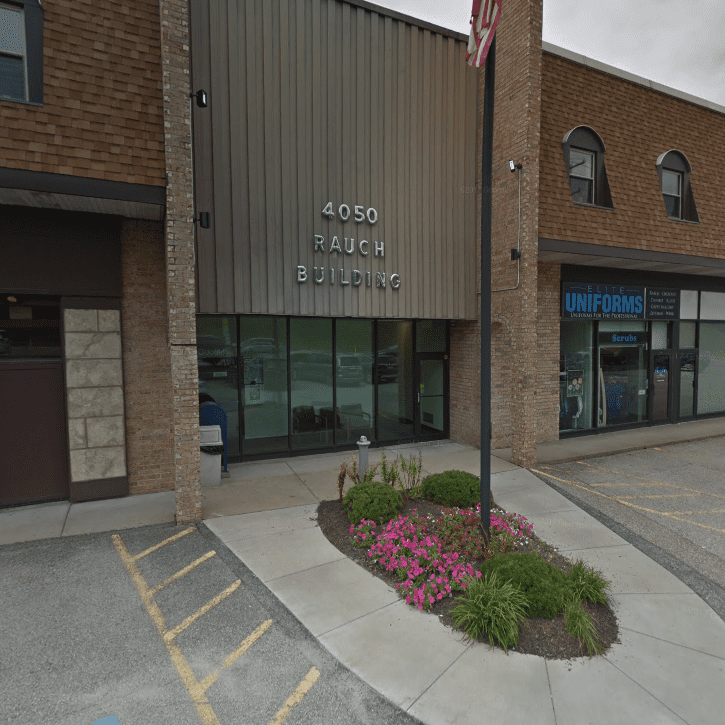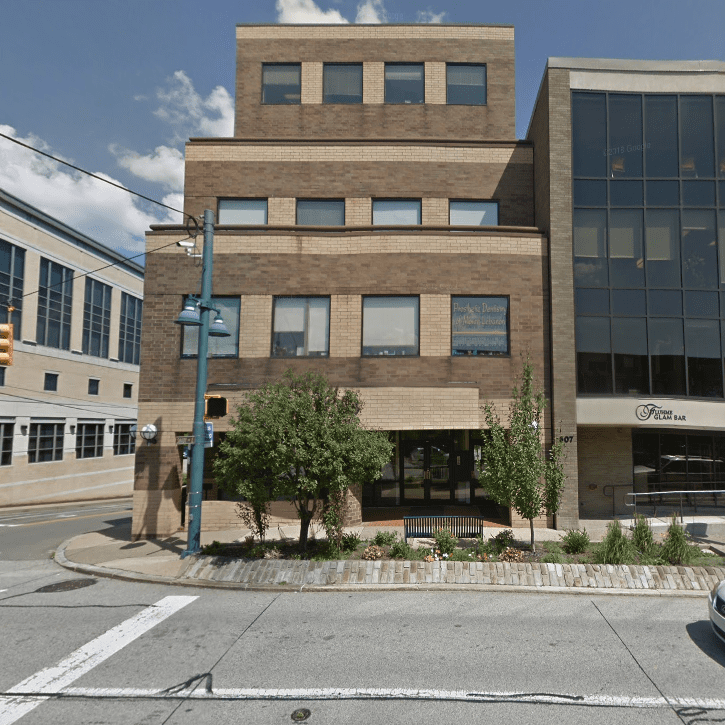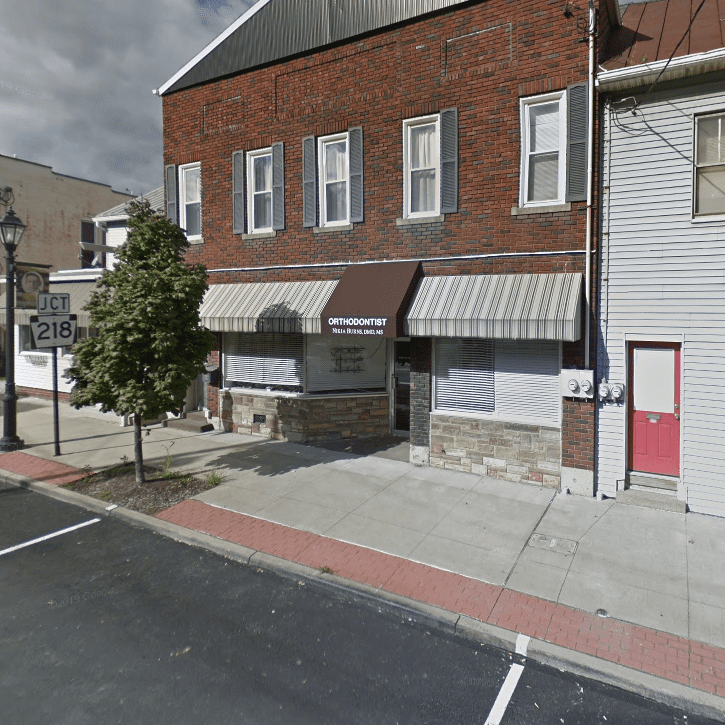Surgical orthodontics involves corrective jaw surgery alongside orthodontic treatment to remedy jaw problems. Because adults no longer grow, the only way to modify the size and shape of the person’s jawbones is through surgery.
How Our Surgical Orthodontics Works
First, for patients in need of orthodontic treatment, our orthodontists focus on aligning the teeth to fit correctly before the surgery is performed. Severe malocclusions, or bad bites, can cause long-term functional problems, such as the inability to speak, chew food, and can cause problems such as headaches, TMJ, and periodontal disease. Surgical orthodontics also can help treat obstructive sleep apnea.
At Burns Orthodontics, our process for surgical orthodontics involves collaboration between Dr. Burns, your dentist, and your oral and maxillofacial surgeon. Our orthodontists will first work with you to determine the severity of your condition and focus on realigning the teeth and palates for preparation of the surgery, which can take up to a year depending on the factors present. If surgery is needed, we will organize and work with a recommended oral and maxillofacial surgeon to perform the surgery. Your surgeon will schedule a consultation with you to explain the process and give you the necessary information needed to prepare for the upcoming surgery, including information related to recovery time and what to expect during the healing process.
After the surgery is complete over a period of nine to 12 months, our orthodontists will check in with you during the post-surgical phase, usually around four to eight weeks, to fine-tune your bite with braces. These braces will need to be worn during a six to 12 month period following the surgery, and then a retainer will be placed to help maintain proper jaw function and teeth alignment. For patients, the recovery after the procedures will produce a healthier, happier smile, as well as a decrease in jaw problems and breathing difficulties.

Frequently Asked Questions
What are the risks for surgical orthodontics?
With any major surgery, there are risks. Common complications such as vascular disease, TMJ disorder, nerve damage, periodontal disease, and hearing problems may occur after the surgery. If you have any questions about the devices we prescribe during our treatment plans, please contact us, and we’ll be happy to help.
What causes the need for surgery?
For some patients, the cause is genetic, meaning the jaw bones and joints grew out of position and causing problems with biting, speaking, and chewing. Other causes can come from congenital disabilities, jaw injuries, and other environmental causes.
Does insurance cover surgical orthodontics?
Depending on the type of insurance coverage you have, your insurance may or may not cover surgical orthodontics. To find out whether or not you’re covered, check with your insurer regarding your policy’s coverage.
Contact Burns Orthodontics Today!
At our offices, located in McMurray, Mt. Lebanon, and Waynesburg, PA, we will discuss the overall diagnosis and analysis of your jaw and skeletal problems, provide treatment objectives, and give you treatment options with their risks and benefits. If you have any questions, please contact us and schedule an appointment today for a free consultation.







